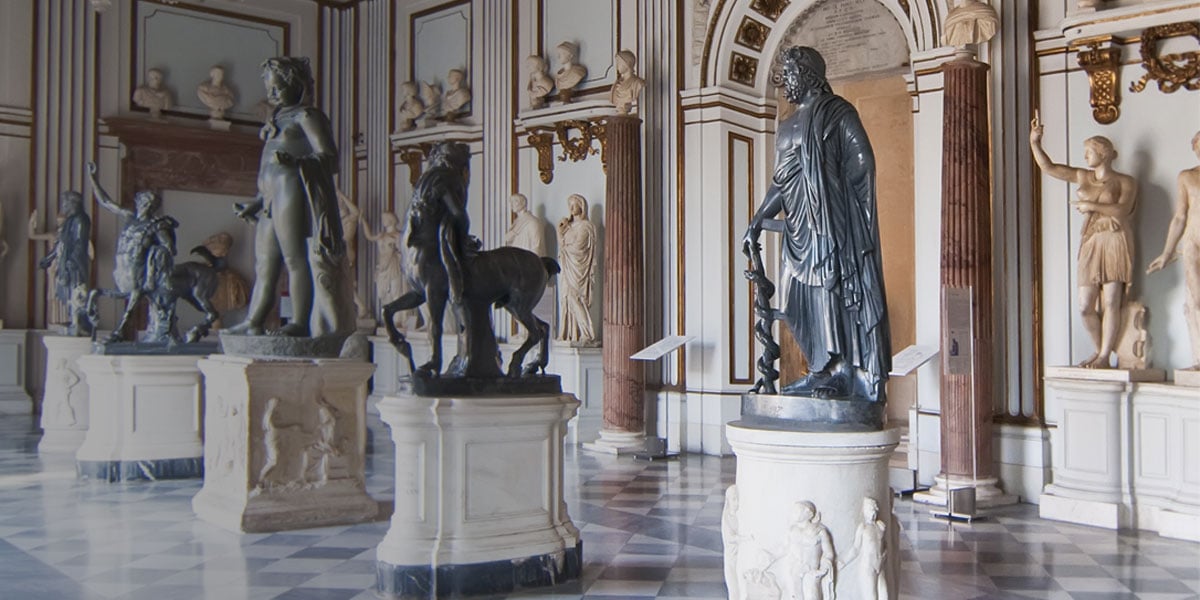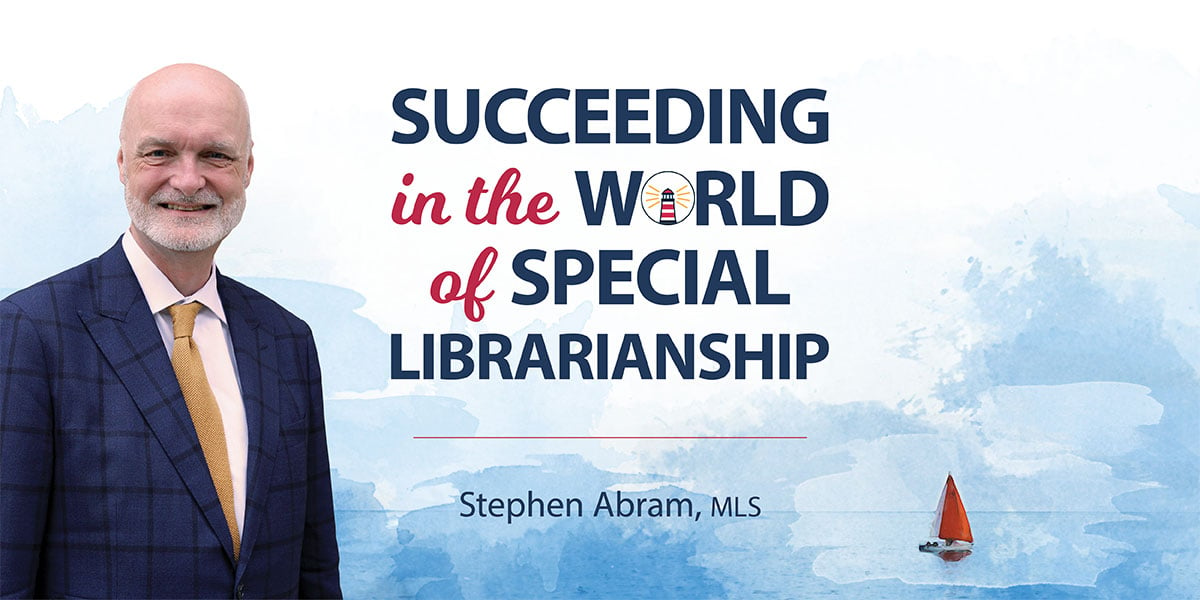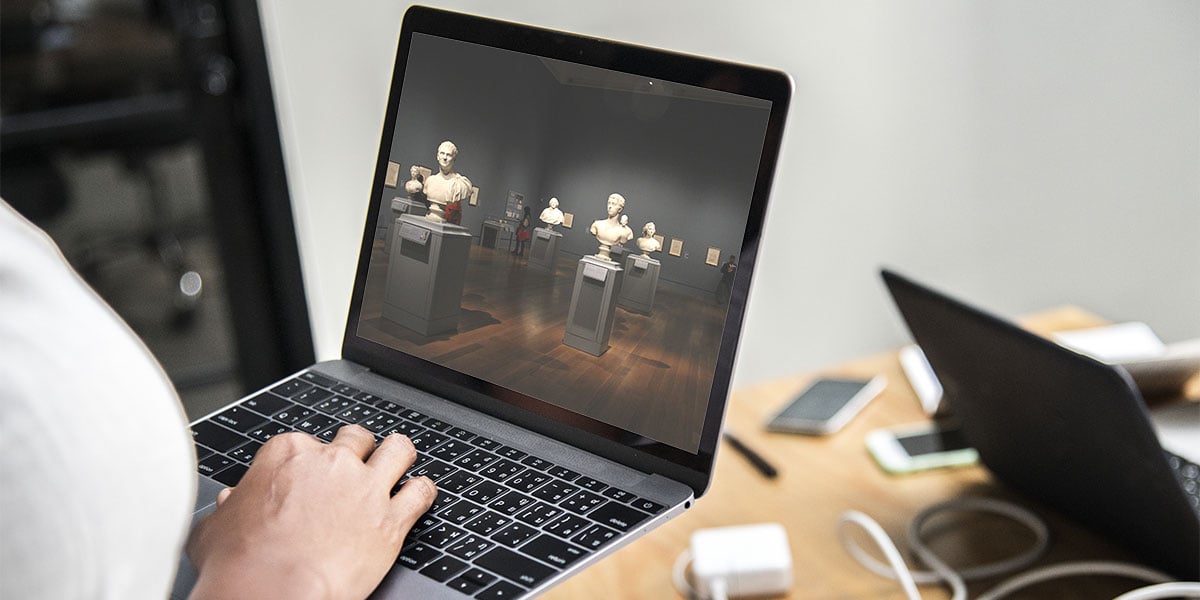Museums know they need money, but they’re often so overwhelmed they can’t put ideas on paper. While it may seem counter-intuitive to focus on your problems, this is exactly what I recommend to museums.
We've Moved!
Think Clearly has a new home! Click here to see our latest posts.
*If there’s older content you’d like to catch up on, you can browse right where you are, until Friday, April 5th.
We know it takes a minute to get used to change!
Whether you’re undertaking a grant-funded project or a project being done in-house, project management principles should be applied. Most museums and other historical organizations don’t have a project manager on staff, and the idea of project management can seem overwhelming.
Topics: Museums, Strategy, Project Management
Part Five: Aligning Research Results with Decision-Making—Mind Mapping and Boxes
In my country (Canada), mind mapping is in the curriculum from a very early age. This skill is a foundation for critical thinking and, indeed, project and report creation and development—as well as beginning the research, discovery and exploration process.
Topics: Professional Development, Special Libraries, Strategy
With few exceptions museums rely on grant funding to supplement their annual budget. While it’s recommended a museum cultivate a stream of income that supports its yearly activities, most museums can only afford to keep the lights on and maintain a spartan staff.
Part Four: Aligning Research Results with Decision-Making—SWOT and Fish Bones
I’ll bet you’ve done SWOT a lot. It’s a classic technique but one which benefits, I believe, from fish bone force field diagramming. It’s easy to do and, with good facilitation, mines the brains in the room quickly.
Topics: Professional Development, Special Libraries, Strategy
Part Three: Aligning Research Results with Decision-Making—Tools to Inspire Creativity and Encourage Divergent Thinking
In this third post in my series about interesting frameworks and tools for thinking about the value-add we can provide in our product and service design, I’ll outline three tools I use all the time—sometimes alone, and sometimes in collaboration with others.
Topics: Professional Development, Special Libraries, Strategy
Part Two: Aligning Research Results with Decision-Making—Thinking About Thinking (Edward de Bono)
In my previous post, I wrote about how analyzing the ways in which thinking and decision-making happen offers interesting frameworks special librarians can use to strategize about the added value we provide in our product and service design. In this post I outline one of my favourites—Dr. Edward De Bono’s Six Thinking Hats.
Topics: Professional Development, Special Libraries, Strategy
Museums are filled with experts in collections care, display, and education, but they aren’t always filled with experts in project management. Defining and measuring project success is not a practice I see conducted consistently in museums.
Staffing shortages are a common issue for museums. As in many nonprofit sectors, museums manage staffing shortfalls with volunteers. Volunteers can be a huge benefit to a museum because they often come with expertise and skills acquired from a lifetime of experiences.
Ready to Read: Succeeding in the World of Special Librarianship
I’m pleased to announce that my new book, Succeeding in the World of Special Librarianship, is now available from Lucidea Press. You may be aware that I am a regular contributor to Lucidea’s “Think Clearly” blog, so when they asked me to write their imprint’s next book, it felt like a great opportunity to share my perspectives in a more expansive form.
Topics: Professional Development, Strategy, Special Librarianship
Effective Technology Training for Museum Volunteers & Interns
Museums are now expected to have an online presence. At first, this meant museums needed a website with information about their hours of operation. Later, it meant museums should publish content and information about current and permanent exhibits. Now, the expectation is that museums have a digital presence for all artifacts.
In my current book on promoting knowledge management initiatives within the corporate world, I offer a collection of practical tips and techniques that can help your KM program thrive. High performing communities are essential to KM success. I have developed 10 principles for KM practitioners to keep in mind as they build and participate in communities.
Topics: Knowledge Management, Strategy, Knowledge Management Software
Keys to Developing a Comprehensive Archives Collection Development Policy
Archives and special collection development policies should state what the organization currently holds and the collecting areas, especially records of enduring value that represent the organization's history. A policy will not only formalize the archives program, it will allow you to focus on what you would like to acquire as well as to disregard materials that fall outside of the collection. Focusing on what you will not collect will also allow you to deaccession materials that should not be in the collection.
Topics: Archives Collections Management Software, Strategy, Digital Archives
I can’t lose if I begin this post with a quote from Aristotle: “The whole is greater than the sum of its parts.” I actually do think of this when I consider the impact of integration. With regard to knowledge management applications, KM solutions should not dictate the way people work and how they do things, but rather should dock neatly with existing systems and processes in order to optimize organizational knowledge delivery and exchange.
Topics: Knowledge Management, Special Libraries, KM, Strategy
The simple truth is, there are serious challenges to the long-term sustainability of special libraries, most of which can be turned into opportunities if you develop a strategy for continuous improvement and are proactive.
Topics: Management, Special Libraries, Strategy
There is a great deal of emphasis on “the virtual library” and the substitution of digital resources for print, but the allure of the library as a destination persists, most especially in the public sector. However, many of the reasons that public libraries attract visitors apply to special libraries as well.
Topics: Special Libraries, User Engagement, Strategy
Pilots can’t fly unless they have instruments that tell them what the plane is doing at all times, and where it’s heading. Library professionals need instruments too, in order to assess whether the products and services they are providing are valued, and to understand what additional products and services might be needed. Read about 4 tools that will help you maintain your situational awareness.
Topics: Management, Special Libraries, Strategy
Knowledge management programs can use a wide variety of people, process, and technology components. It’s important for KM program leaders to gain direct experience with as many of these components as possible, to evaluate their possible application, and to lead the way in implementing new ones to fill current and future needs.
Topics: Knowledge Management, KM, Strategy



















